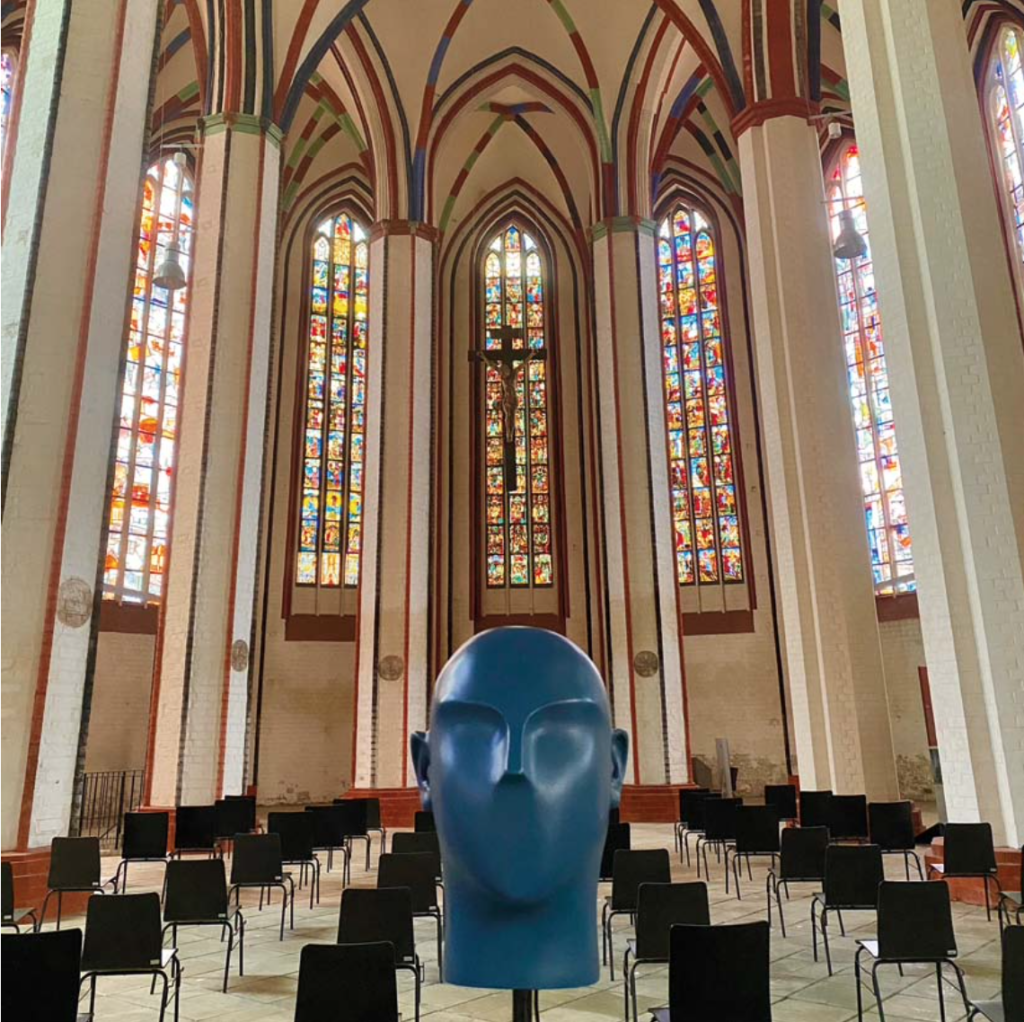
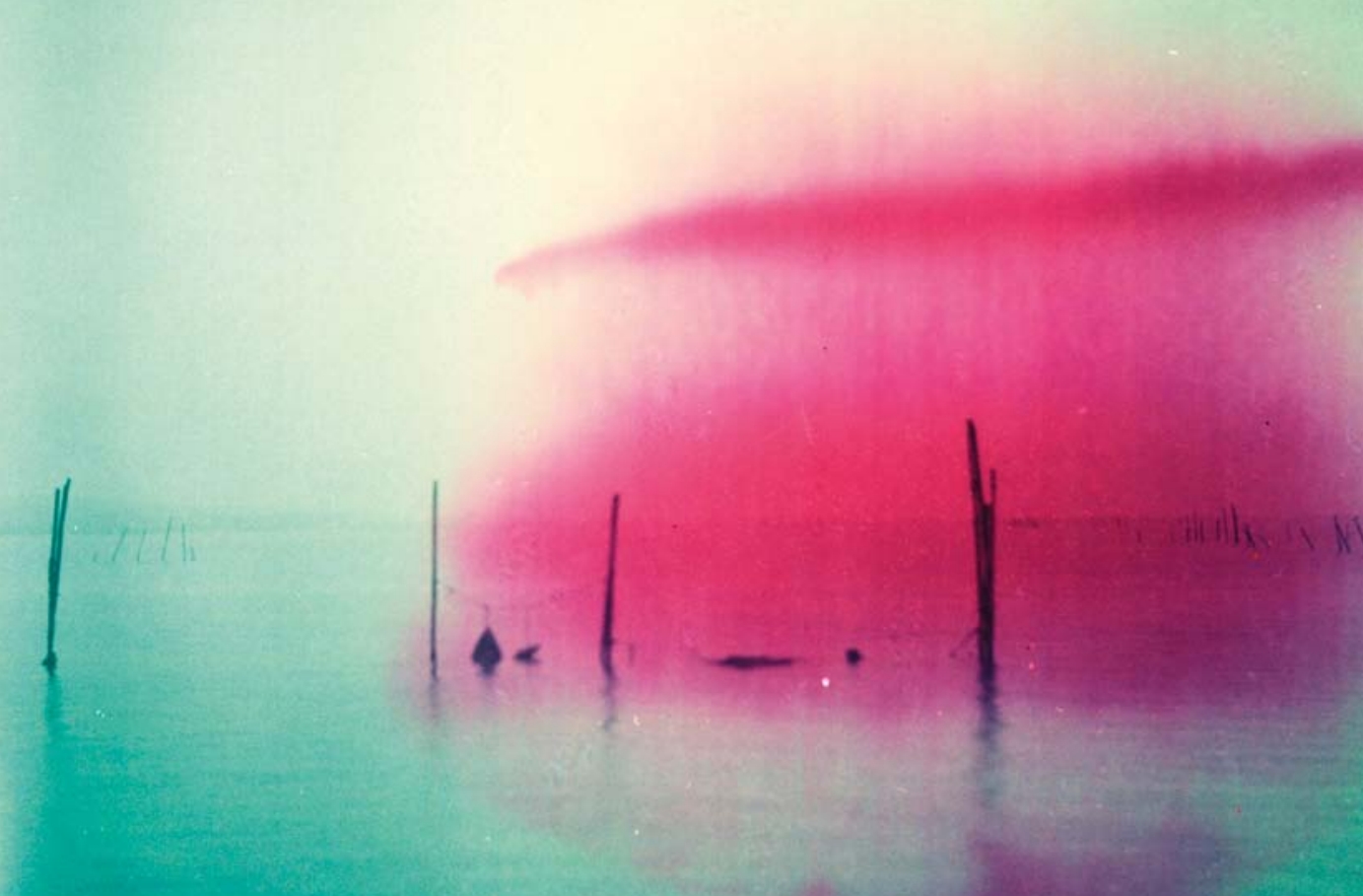
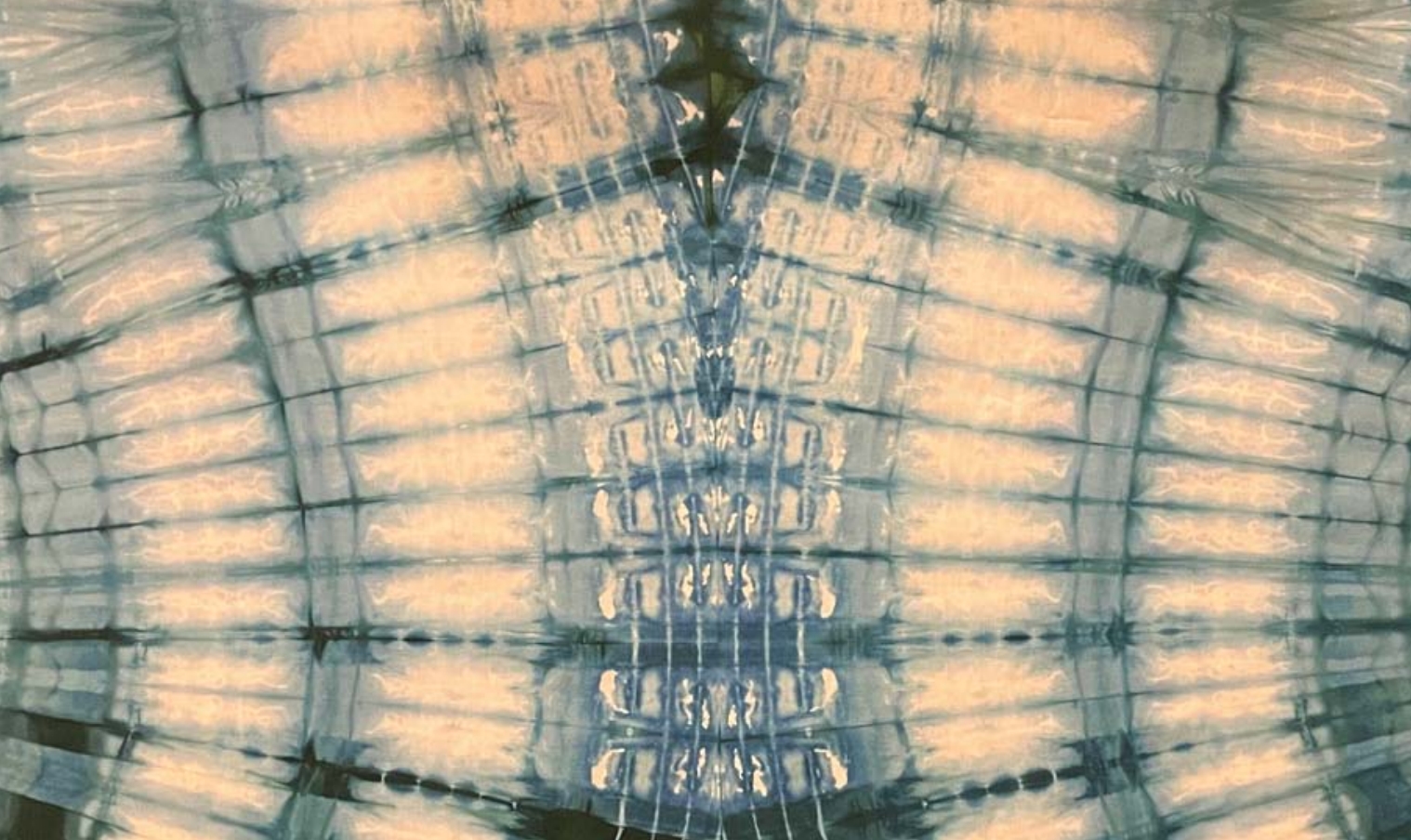

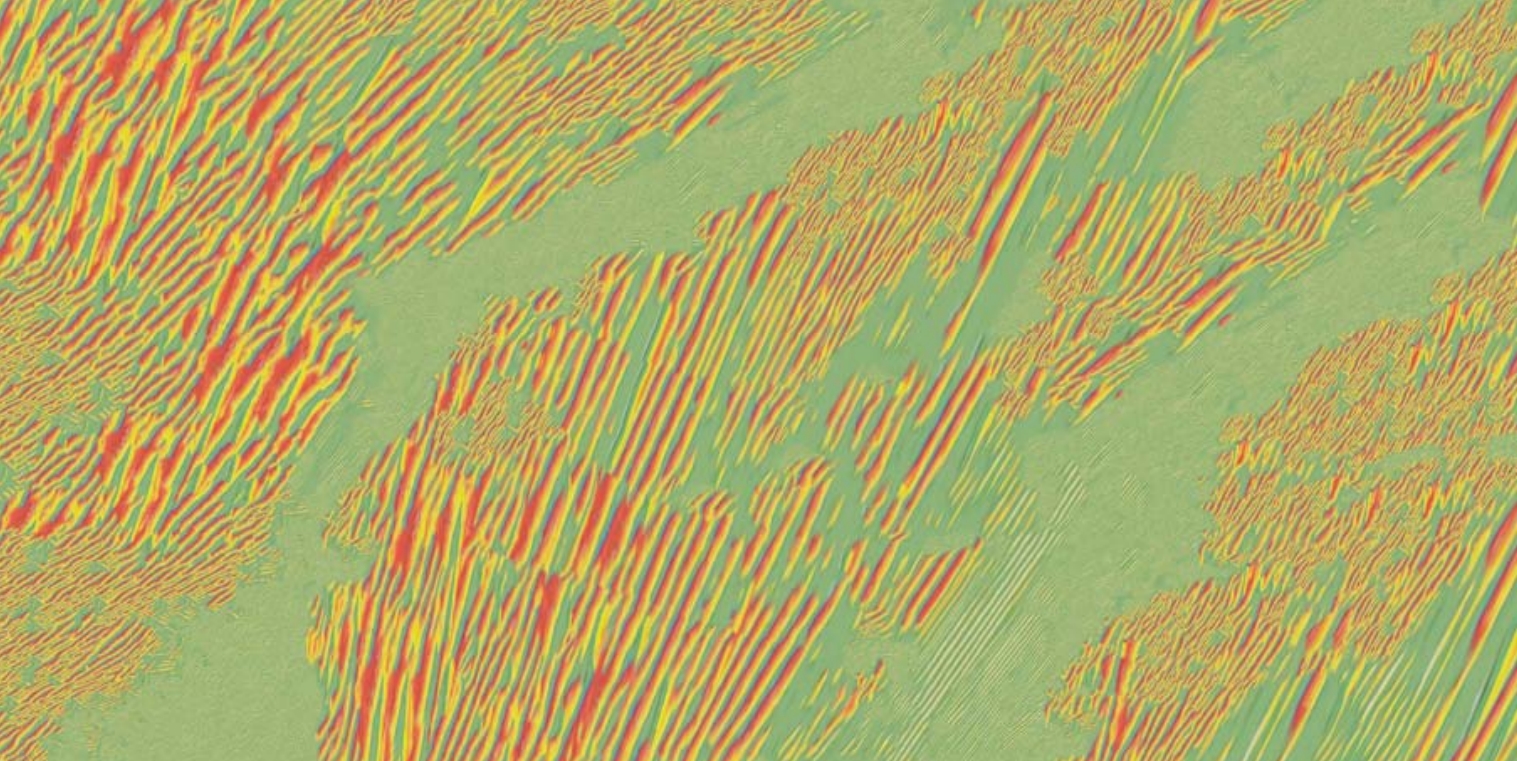
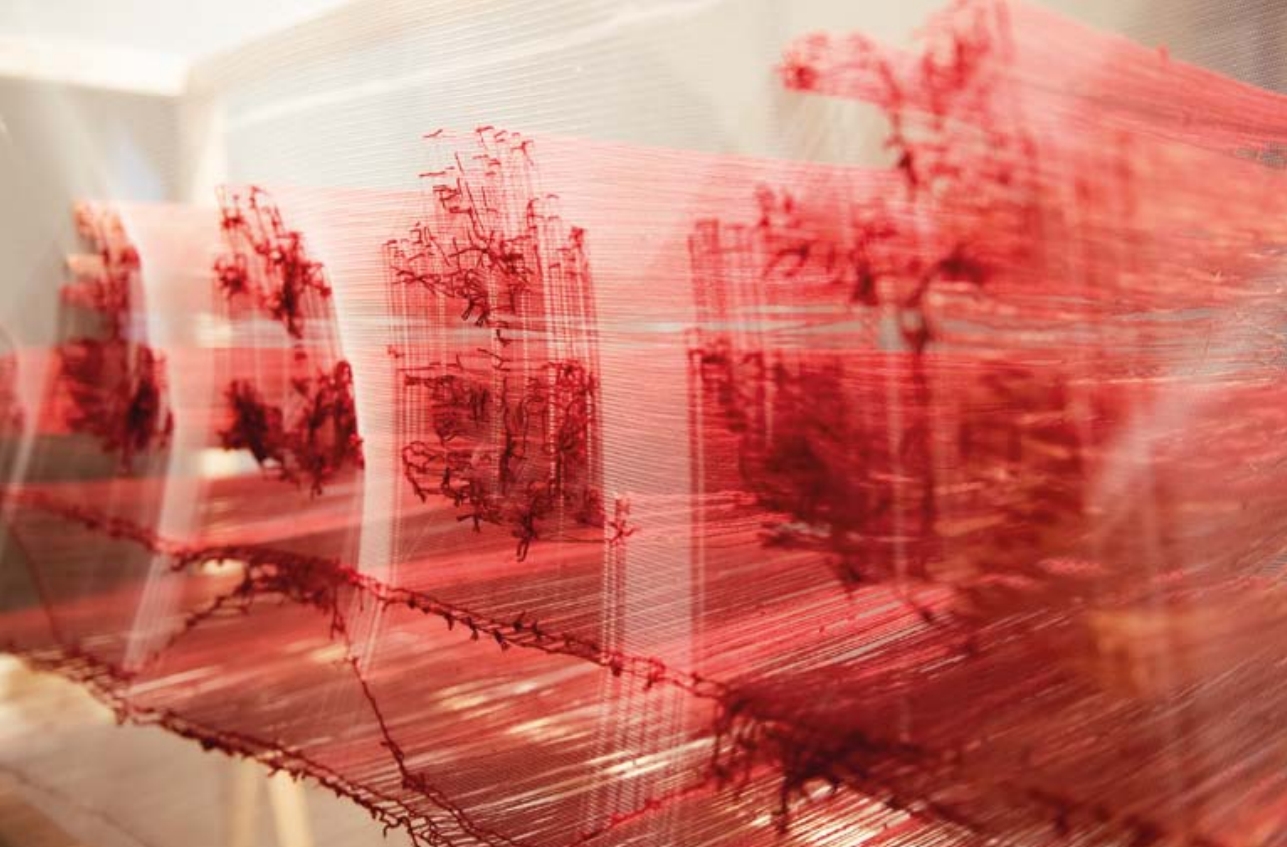
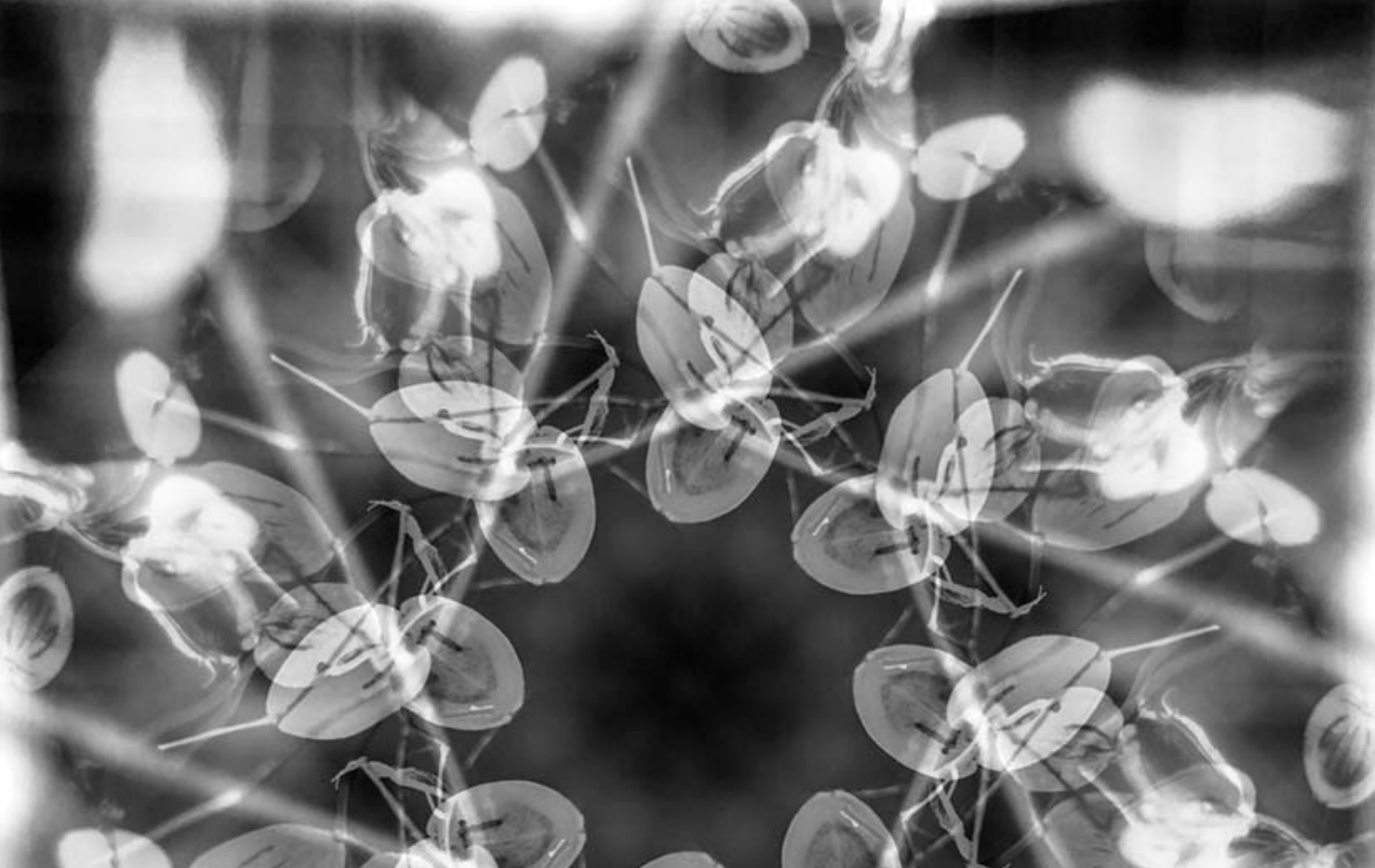
Głosy przodków
Voices of Ancestors
Die Stimmen der Vorfahren
Autor | artist | Autor: Roksana Vikaluk (1973)
miejsce | place | Ort: St.-Marien-Kirche, Oberkirchplatz 1, Frankfurt (Oder
Serce projektu to są tzw. śpiewy anielskie – oniryczne wokalizy wykonane i nagrane przez Roksanę a cappella, które powstały na podstawie swobodnie interpretowanych sakralnych melodii kościelnych i starocerkiewnych. W formie instalacji dźwiękowej owe wokalizy rozbrzmiewają z głośników zainstalowanych i ukrytych w różnych zakątkach ogromnego kościoła Mariackiego. Efemeryczność kanonicznej wielogłosowości, która dzięki odbijanemu echu powstanie w sposób naturalny w unikalnych akustycznych przestworzach świątyni, ma na celu przywołanie skojarzenia z zabłąkanymi głosami przodków wołających zwiedzających świątynię, zatracając ich w klepsydrze czasowej.
Głosy przodków, instalacja dźwiękowa Roksany Vikaluk, inspiracja, opieka techniczna Wolfram Spyra.
The heart of the project are so-called angelic voices – oneiric vocalizations based on freely interpreted sacred music and ancient Orthodox Church melodies, recorded and performed a cappella by Roksana. In the form of a sound installation, these vocalisations resound from various corners of the huge St. Mary’s Church by means of installed and hidden loudspeakers. The ephemeral sound quality of the canonical polyphony, which – thanks to the echo – will emerge naturally in the unique acoustic space of the church, is intended to bring about an association with stray voices of the ancestors calling out to the visitors and losing them in the hourglass of time.
Voices of Ancestors, sound installation by Roksana Vikaluk, inspiration, technical supervision Wolfram Spyra.
Das Herzstück des Projekts sind die sogenannten Angel Voices – von Roksana a cappella gesungene und aufgenommene Vokalisationen, die auf sakralen- und alten Kirchenmelodien basieren, aber frei interpretiert werden. In Form einer Klanginstallation erklingen diese Vokalisationen aus verschiedenen Ecken der riesigen Marienkirche über installierte und verdeckt angebrachte Lautsprecher. Die ephemere Klangqualität der kanonischen Polyphonie, die dank des reflektierten Echos im einzigartigen akustischen Raum des Kirchenraumes auf natürliche Weise entstehen wird, soll eine Assoziation mit den verirrten Stimmen der Ahnen hervorrufen, die den Besuchern der Kirche zurufen und sich wieder in der Sanduhr der Zeit verlieren.
Die Stimmen der Vorfahren, Klanginstallation von Roksana Vikaluk, Inspiration, technische Leitung Wolfram Spyra.
